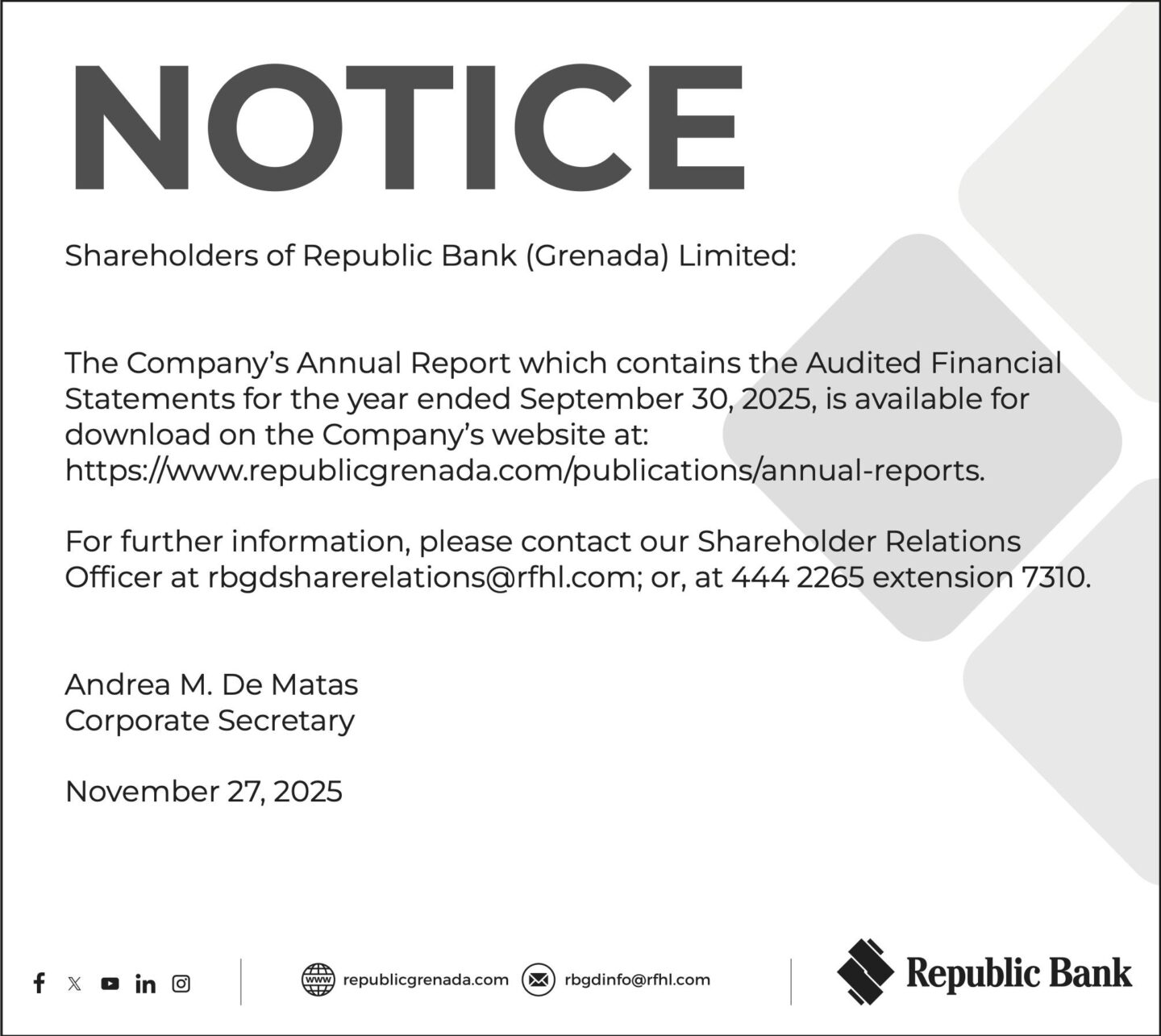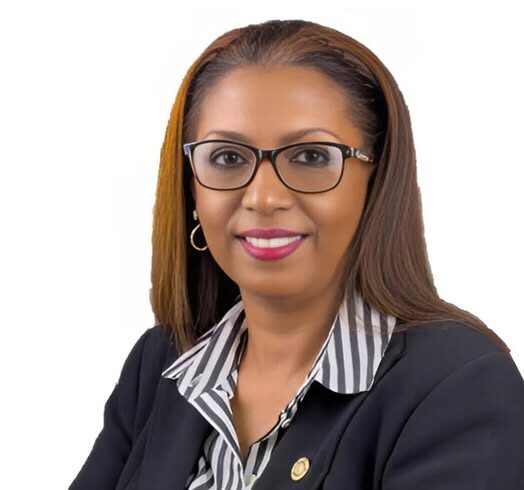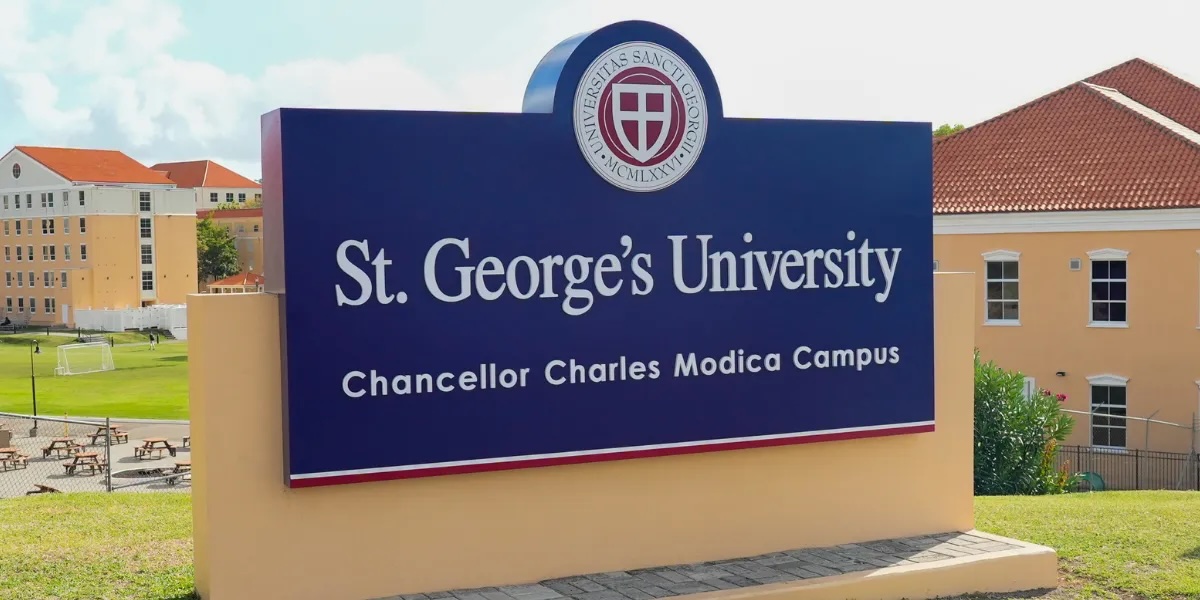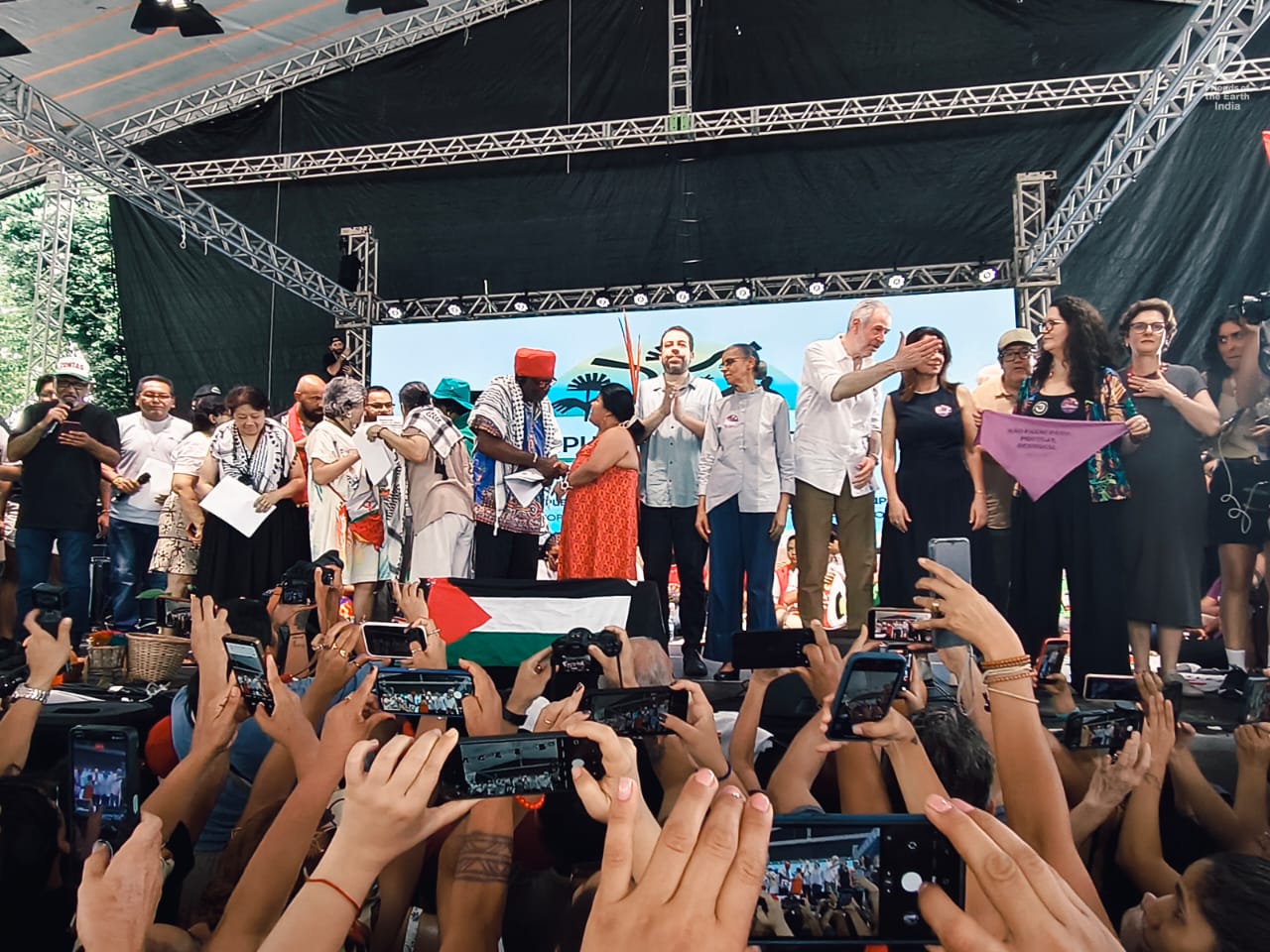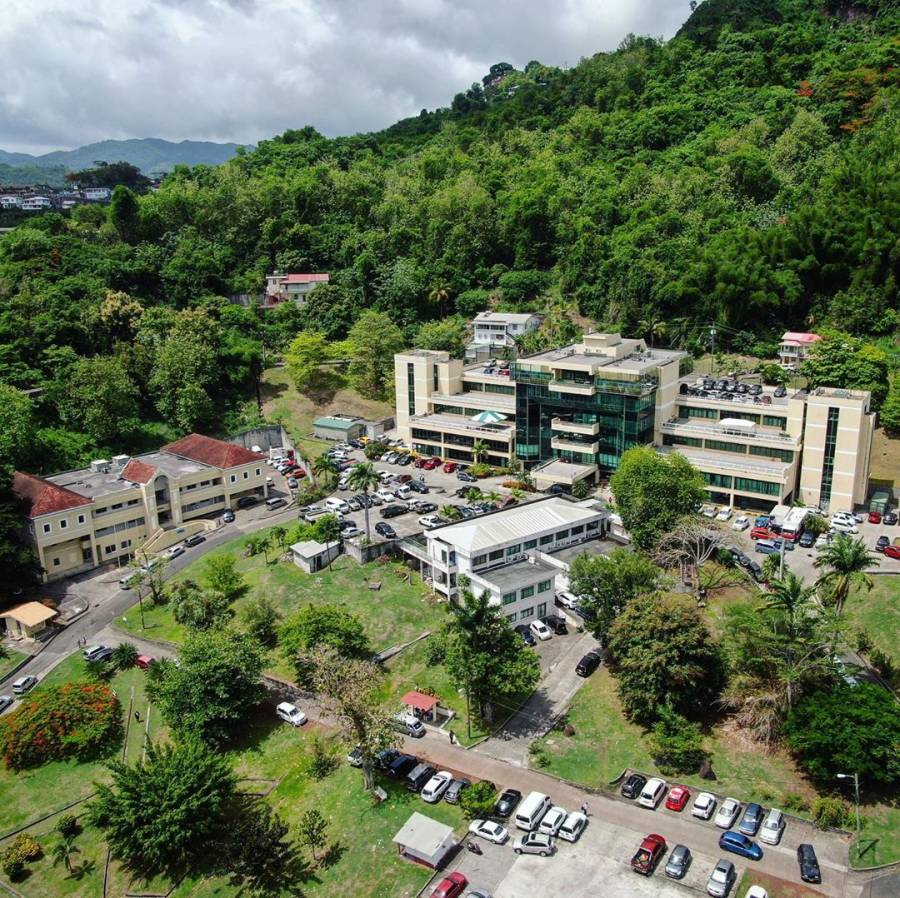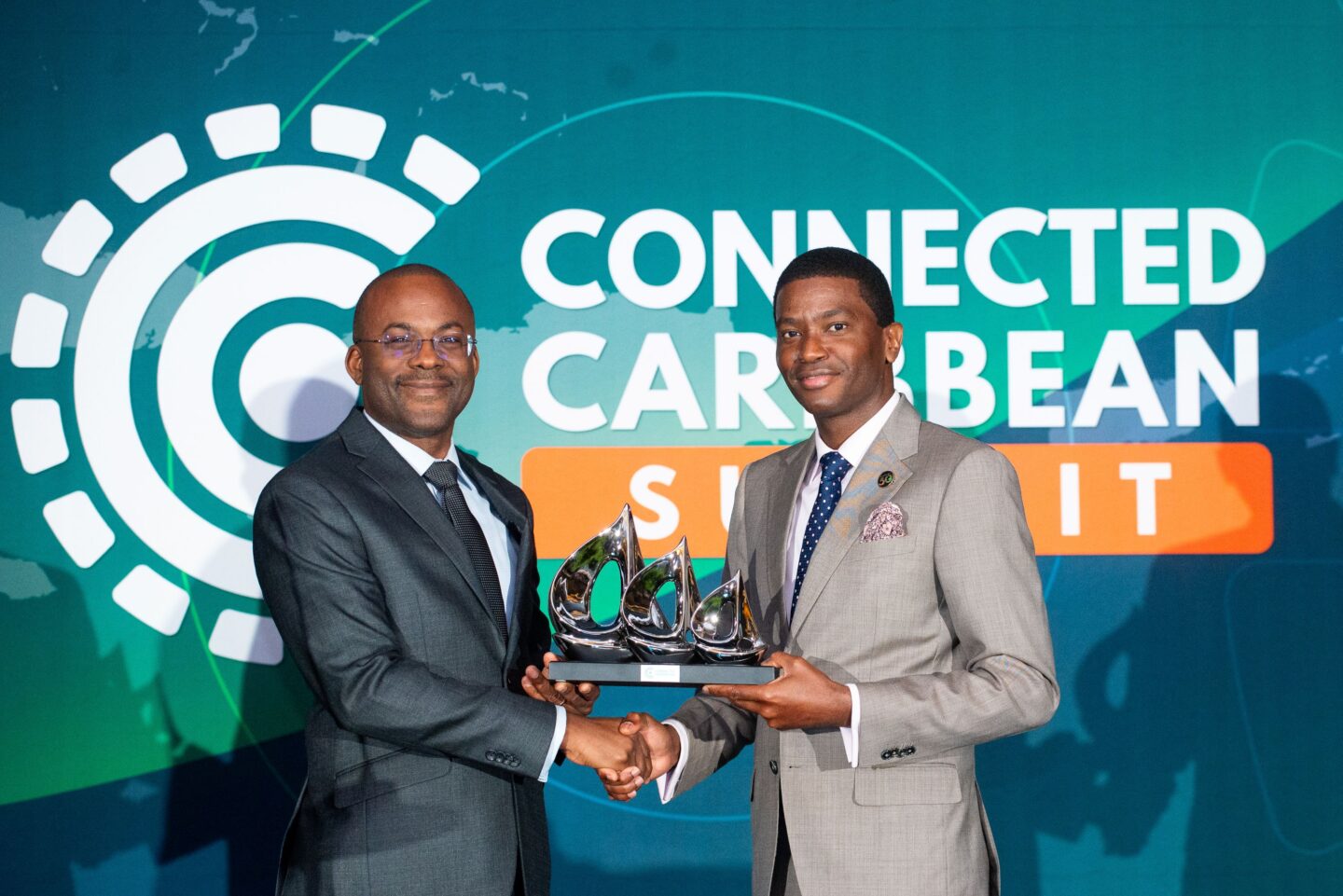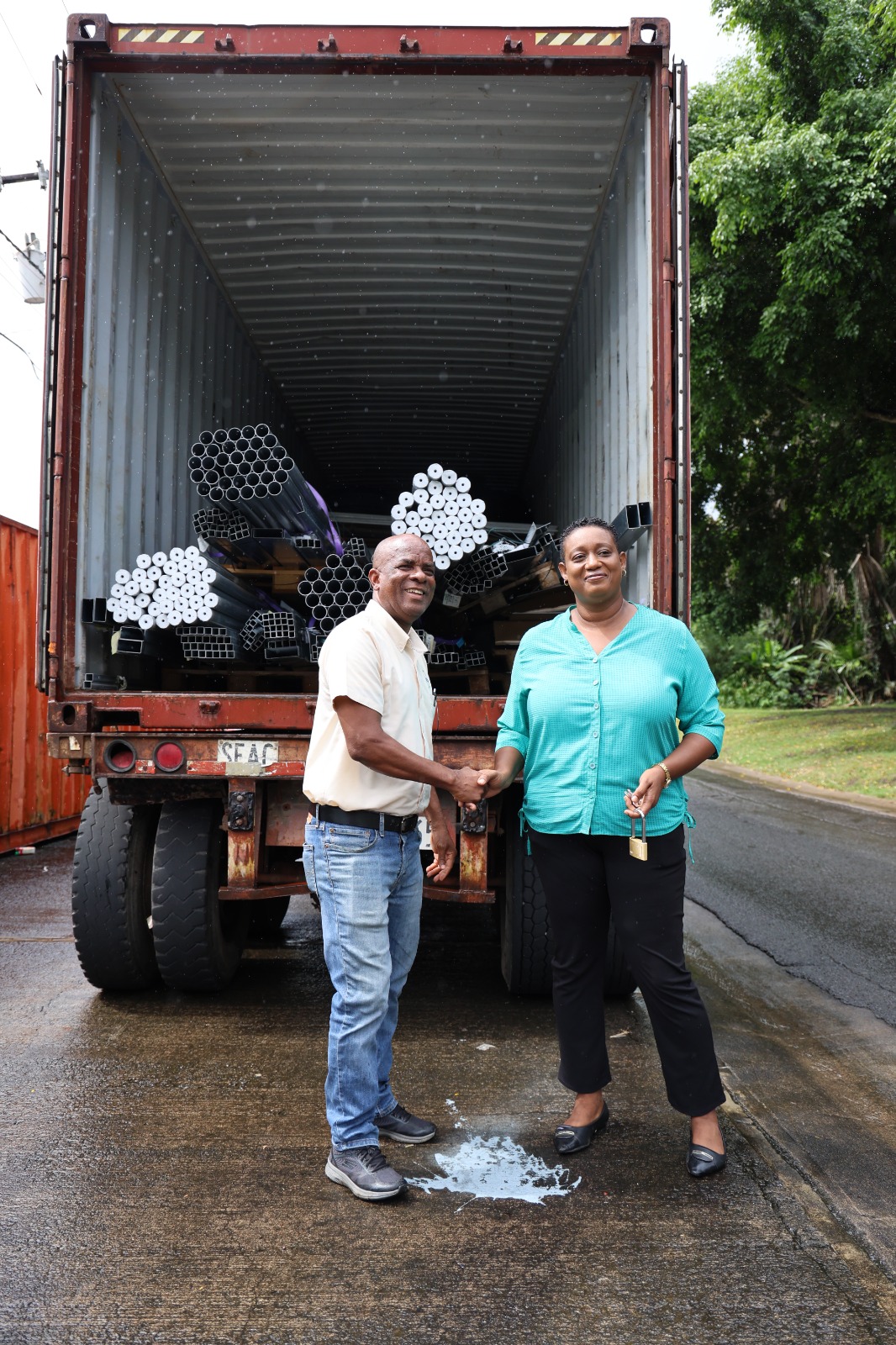The Grenada Amateur Swimming Association (GASA) is advancing its coaching capabilities through participation in the prestigious World Aquatics Age Group Swim Coach certification program. Valorie Andrew, assistant coach to Grenada’s 2025 OECS Champion team, has been selected for this elite hybrid training initiative currently underway in Budapest, Hungary.
Andrew departed Grenada on November 22, 2025, to engage in the comprehensive program that combines 20 hours of e-learning through World Aquatics’ digital platform with five days of intensive in-person sessions. She joins a globally selected cohort of dedicated coaches participating in this rigorous certification process.
The curriculum addresses multiple critical coaching competencies including integrity and safe sport practices, sport psychology and mental wellbeing, technical stroke development, gender differences in athletic development, nutrition and hydration science, strength and conditioning methodologies, long-term athlete development principles, sports science applications, coaching responsibilities, practical coaching techniques, and strategic planning and periodization.
The Budapest sessions feature interactive classroom workshops and hands-on practical coaching applications. Participants must complete all program components and pass both online examinations and practical assessments to achieve certification. This initiative aligns directly with GASA’s strategic development plan to enhance coaching capacity and elevate the quality of swim athlete development throughout Grenada.
Upon her return on November 29, 2025, Andrew is expected to disseminate her acquired knowledge and experience to fellow local coaches, potentially transforming Grenada’s swimming coaching landscape and improving athlete performance outcomes across all age groups.


